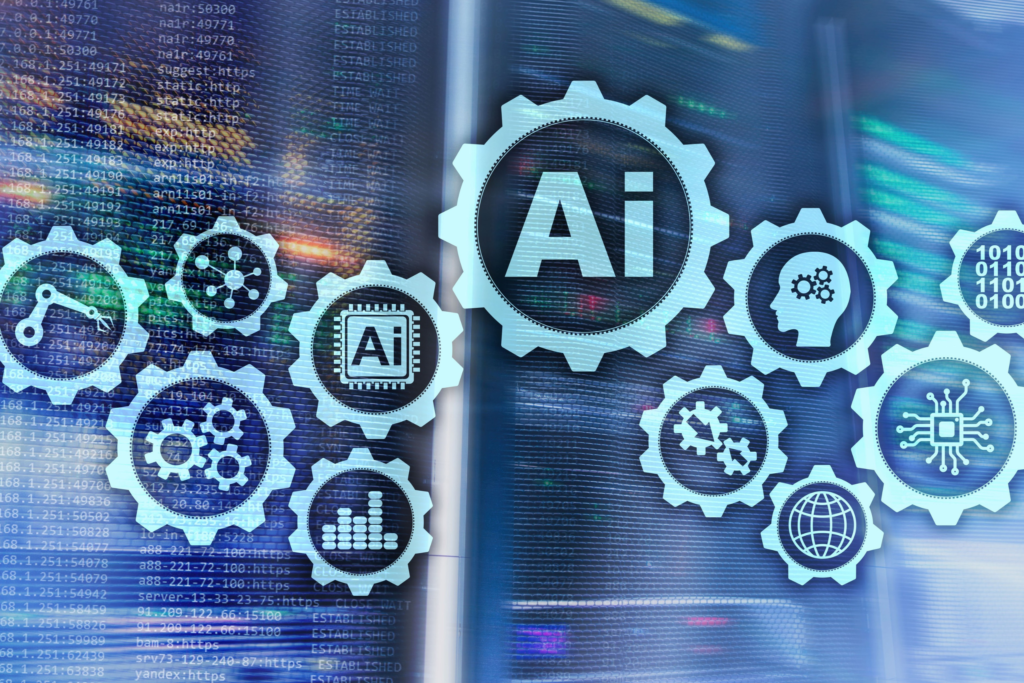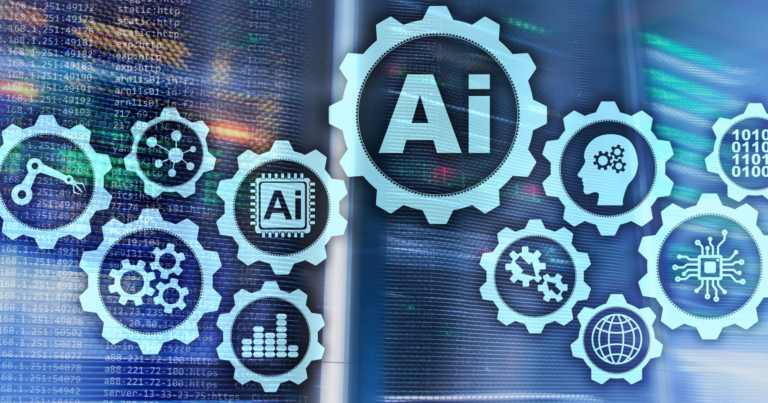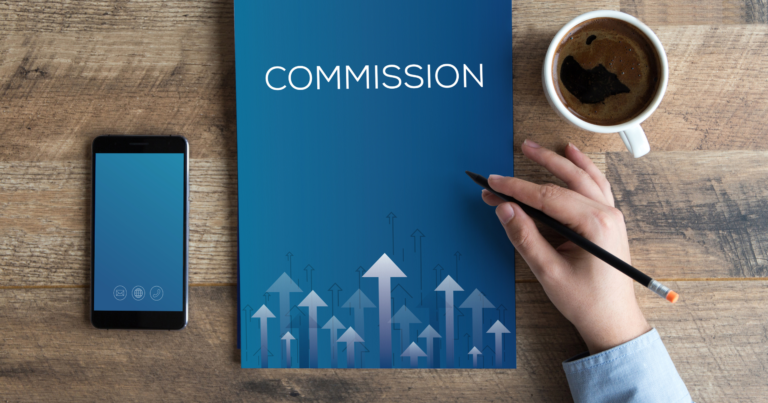When people first started talking about artificial intelligence, there was plenty of nervousness around what services AI had the potential to replace.
Now many have started experimenting with AI tools like ChatGPT, people are beginning to see the potential, not in how it can replace you, but how it can make processes more efficient and streamlined.
In this article we’ll explore how AI can be effectively used in the recruitment industry, highlighting benefits, implementation strategies and the potential drawbacks.
Benefits of AI in Recruitment
Saves Time: AI has the potential to accelerate your processes by automating time-consuming tasks such as CV screening and candidate shortlisting. This allows you to focus on the more strategic aspects of your business.
Saves Money: If you’re in the early stages of establishing your recruitment agency, then AI can act as a resourcer to help you find suitable candidates, sifting through vast amounts of data quickly.
Reduces Bias: By working to a standardised set of criteria, you can avoid some human biases that can sneak into the selection process. AI can help to promote a more diverse and inclusive hiring process.
Using AI in the Recruitment Process
Job Ads
AI can help with writing job ads, and then be used to optimise postings by analysing job boards and recommending keywords and phrases that attract suitable candidates.
Sourcing Candidates
There are an increasing number of AI-driven platforms that can scour various databases, social media, and job boards to identify and engage with potential candidates.
Screening and Shortlisting
AI can automate the screening process by evaluating CVs against a job description, ranking candidates, and presenting recruiters with a shortlist of the best matches.
Interviews
AI-enhanced interview tools can conduct initial assessments, allowing recruiters to focus on the most promising candidates for in-depth interviews.
Onboarding
Artificial intelligence can streamline the onboarding process by automating document verification, providing virtual training, and answering questions through chatbots.
Marketing
You can use a chatbot to write social posts promoting available roles or email marketing templates that can help to personalise the candidate experience.
AI Tools and Technologies in Recruitment
AI-Driven Applicant Tracking Systems (ATS): AI has had a huge impact on ATS, with most using AI functionalities that streamline the management of applications, track candidate progress, and provide data-driven insights.
AI-Powered CV Screening and Parsing Tools: These tools automatically scan and parse CVs to extract relevant information, rank candidates and identify the best matches for a job description.
Chatbots: Chatbots engage with candidates from the initial stages by answering queries, providing information about the job and company and scheduling interviews.
Predictive Analytics: These tools analyse historical data to predict recruitment trends, candidate performance and retention rates, helping you make more informed decisions.
Video Interview Platforms with AI analysis: These platforms can not only ask the questions and capture the answers, but they also assess candidates’ facial expressions, speech patterns and body language to provide additional insights into their suitability for a role.
Select Software Reviews recently published a roundup of the best AI tools out there for the recruitment industry. You can read their reviews here.
Challenges and Considerations
Though there are many benefits to using this new tech within your business, there are a few things to keep in mind:
Data Privacy and Security: You must ensure you’re compliant with data protection regulations when implementing AI in the recruitment process, and that candidate data is securely stored and processed.
Ethical Considerations: AI can help to remove bias but also has the potential to introduce biases through its own algorithms. It relies on historical data to make decisions, so if this data is biased, the AI will likely perpetuate those biases.
Context Understanding: AI systems can struggle with understanding the context behind certain qualifications and experiences. For example, a candidate’s unique career path or cross-functional skills might be overlooked if they do not align with predefined keywords and criteria. Decision-making in recruitment often involves balancing various factors and making trade-offs that AI might not handle well.
Nuances in Language: Natural Language Processing (NLP) tools used by AI for CV screening and candidate communication often miss subtle nuances in language. Sarcasm, informal expressions, and cultural references can be challenging for AI to interpret correctly.
Soft Skills Assessment: Evaluating soft skills such as teamwork, leadership, and emotional intelligence is complex and requires human judgement. While AI can analyse certain aspects like communication patterns in video interviews, it may not fully capture the depth and authenticity of a candidate’s interpersonal skills and potential cultural fit within a company.
Stay Ahead of the Curve
AI has the potential to revolutionise the recruitment industry in the UK by enhancing efficiency and fairness in recruitment processes, when used alongside human judgement.
As the technology continues to evolve, staying informed and adaptable will be the key to harnessing its full potential.
Looking to Grow Your Agency?
If you’re looking to explore AI as a way to grow your agency, then have you considered how recruitment finance could help?
It can improve the cashflow within your business, ensure you pay employees on time and allow you to invest in growth opportunities.
Visit our Recruitment Finance page to find out more.




